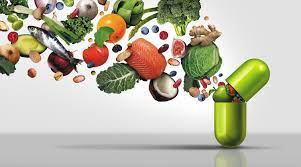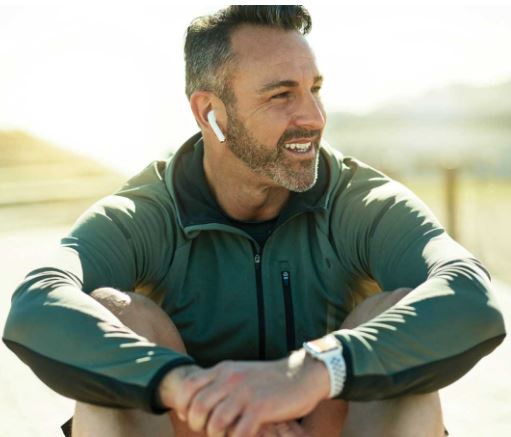Trinity College, Dublin – Research Paper
In December 2020, Trinity College Dublin published an article titled “Vitamin D and COVID-19: Emerging Evidence and Potential Implications” which discussed the potential relationship between Vitamin D and COVID-19. Here are five important bullet points to summarize the article:
- Emerging evidence suggests a potential relationship between Vitamin D deficiency and COVID-19 severity: The article suggests that Vitamin D deficiency may be associated with an increased risk of COVID-19 infection and severity. Studies have found that individuals with Vitamin D deficiency are more likely to experience severe COVID-19 symptoms, require hospitalization, and even die from the virus.
- Vitamin D plays an important role in the immune system: Vitamin D is an essential nutrient that helps regulate the immune system. It has been found to play a role in reducing inflammation, supporting immune cell function, and preventing respiratory infections. Given the immune system’s crucial role in fighting off COVID-19, ensuring adequate levels of Vitamin D may be especially important.
- Many people may be deficient in Vitamin D: Despite being known as the “sunshine vitamin,” many people around the world are deficient in Vitamin D. This is particularly true in northern latitudes where sunlight exposure is limited during the winter months. The article suggests that individuals who are at higher risk of Vitamin D deficiency, such as older adults, people with dark skin, and those who are overweight, may be particularly vulnerable to COVID-19.
- Vitamin D supplementation may be beneficial: The article suggests that Vitamin D supplementation may be a potential strategy for reducing COVID-19 severity and mortality. While more research is needed to fully understand the relationship between Vitamin D and COVID-19, some studies have found that Vitamin D supplementation may reduce the risk of respiratory infections and improve immune function.
- Vitamin D supplementation should be approached with caution: While Vitamin D supplementation may be beneficial, it is important to approach it with caution. The article notes that excessive Vitamin D intake can be harmful and may lead to toxicity. Additionally, Vitamin D supplements may interact with certain medications, so it is important to speak with a healthcare provider before starting any supplementation regimen.
In conclusion, the Trinity College Dublin article provides important insights into the potential relationship between Vitamin D and COVID-19. While more research is needed to fully understand this relationship, ensuring adequate levels of Vitamin D may be an important strategy for reducing COVID-19 severity and mortality. However, it is important to approach Vitamin D supplementation with caution and to speak with a healthcare provider before starting any supplementation regime.
How do our bodies make Vitamin D?
Vitamin D comes mainly from our skins reaction to sunlight and not food but the skin’s vitamin D production depends on several factors, only some of which you can control. The sun’s rays are more direct between noon and late afternoon.
However, the further you live from the equator, the less UV-B radiation you receive and consequently the less your body is able to metabolise Vitamin D. This is why approximately half of adults in the northern hemisphere may be Vitamin D deficient.
Vitamin D is also found naturally in a few different food sources, namely fatty fish like cod, swordfish, and tuna. Fortified milk, yoghurts, and cereals can be fortified, but cheese and ice cream are not fortified and will probably only have traces of Vitamin D.
People who live north of 77 degrees latitude can’t make any Vitamin D from sunlight between November and March. Even if they spend a day outside during the winter months, the earth tilts away from the sun, leading to fewer sun rays hitting the ground. In addition, as we age, our bodies become less efficient at transforming UV-B light into Vitamin D.
So people who live in areas far away from the equator and don’t eat enough of the foods outlined above should be taking Vitamin D supplements to bring them up to the optimum levels. ImmuneX365 provides you with the extra Vitamin D needed to reach these levels.





